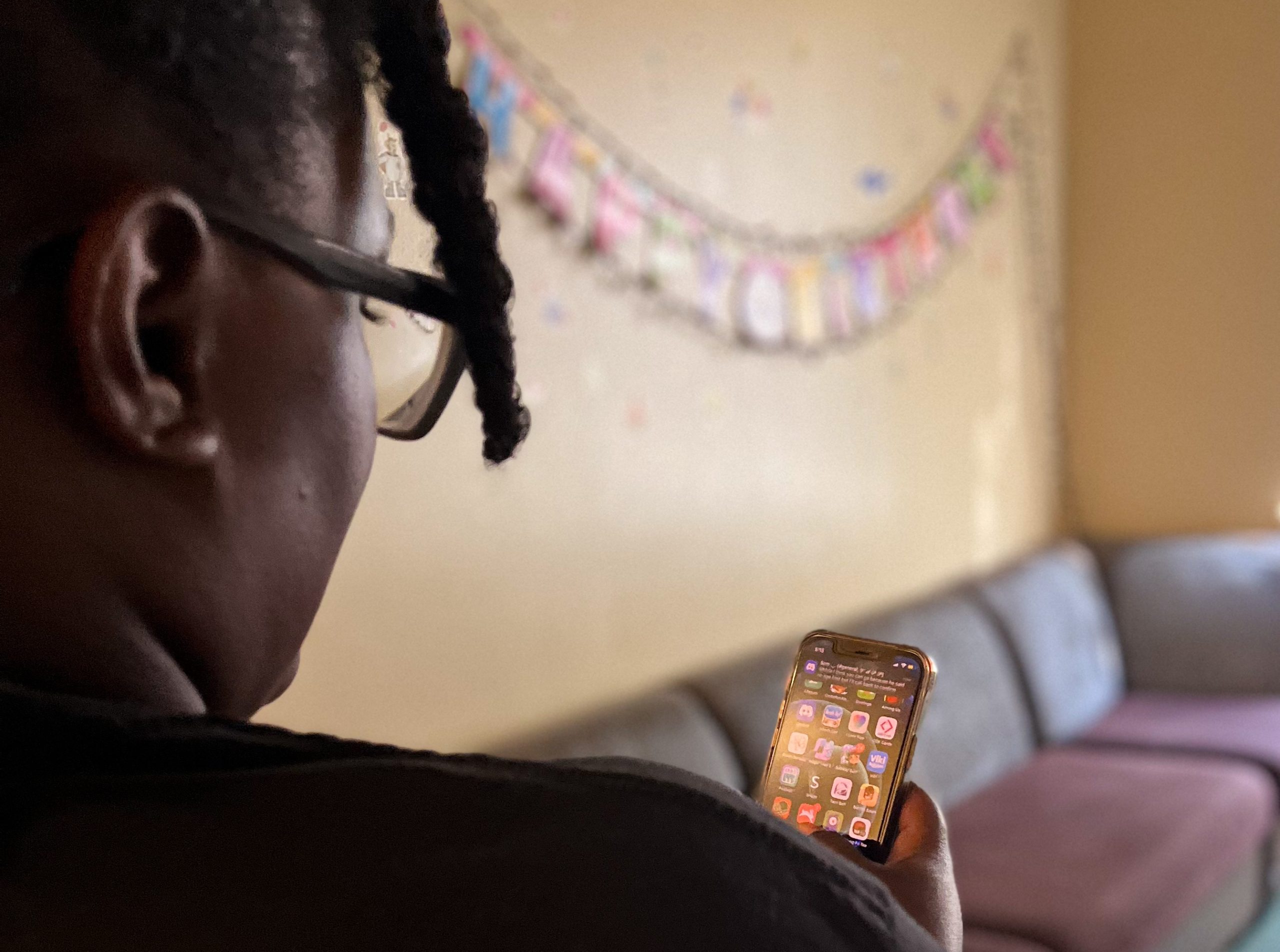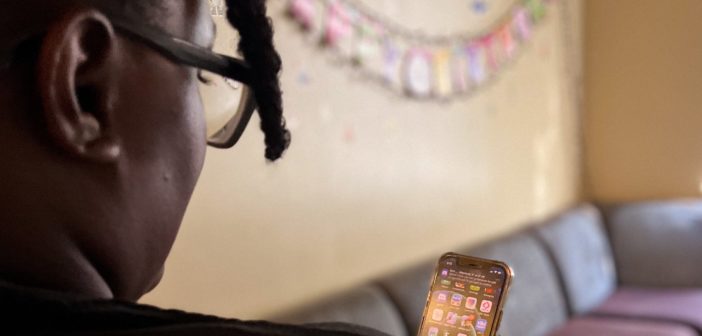By Myla Shashiki, Contributing Writer
No matter how old we are, there is no denying that social media is gaining an increasingly important role in our daily lives. With this comes a responsibility for learning how to manage, analyze, and interact with the content presented on it.
Idea Group Inc. Global, an international academic publisher, defines social media literacy as “the acquaintance, adoption, and productive use of social media technology in any given setting.” This has lately been a recurring point of discussion as, in Oct. 2021, Sen. Danny Burgess sponsored a bill that would require public schools to offer instruction on social media literacy to their students.
Although the bill died on March 14, 2022, this desire for education on social media usage is still present. It can also be reflected in the opinions of members of Saint Leo University’s community.
“Some people would still read something and just take away that, instead of trying to look into it to get more information about it,” shared Mikayla Gonzales, a junior majoring in communications and specializing in digital media influences.
Taking information that we see online at face value like this can be very problematic nowadays with the rise of fake news. By implementing classes on social media literacy, students would gain analytical skills to be able to discern the truth on the internet or identify how the author’s personal biases could have influenced the information that they are receiving.
Furthermore, a class on social media literacy would also educate students on how to conduct themselves online respectfully and politely. Internet etiquette has become extremely valuable in our current society, where our social media activity is readily available for possible employers or educational institutions to find.
“I always encourage students to understand that whatever they are posting reflects their personal brand. As does what their friends post with them in it. You can win and lose jobs over what you do with your personal social media accounts,” said Emma Brown, adjunct professor of communications and marketing.
Some might argue that having schools invest resources in classes about social media literacy is unnecessary since, given the frequent access that young adults, teens, and even kids have to the internet, they can quickly develop these skills on their own through personal experiences.
However, it is safer for students to learn in a controlled environment such as a classroom. “As with any subject, learning it from a professional in a safe environment beats learning as you go and potentially making a mistake that could go viral,” said Brown.
In the case of younger students, it is essential for them to learn the limits of what they should not share online to protect their integrity and avoid potential dangers, as—according to a study on Social Media Risks, Consequences, and Attitudinal Awareness conducted by the University of Maryland Eastern Shore—60 percent of students report facing negative consequences due to their use of social media sites, having noted oversharing in social media in the past with a mean of 3.06 on a five-point Likert-scale.
Overall, the implementation of instruction on social media literacy in schools would allow people to make better and more productive use of something that is already a significant part of their daily routines, bringing benefits to their careers, academic development, and even their personal social life.
“It doesn’t matter how old you get, you still need to learn new things, everything is changing everyday so I definitely think that we would all benefit from learning about social media literacy,” said Gonzales.
Given the benefits that these types of courses would provide, we should hope for the bill to be reintroduced into Congress in the future to bring social media literacy into our classrooms.






